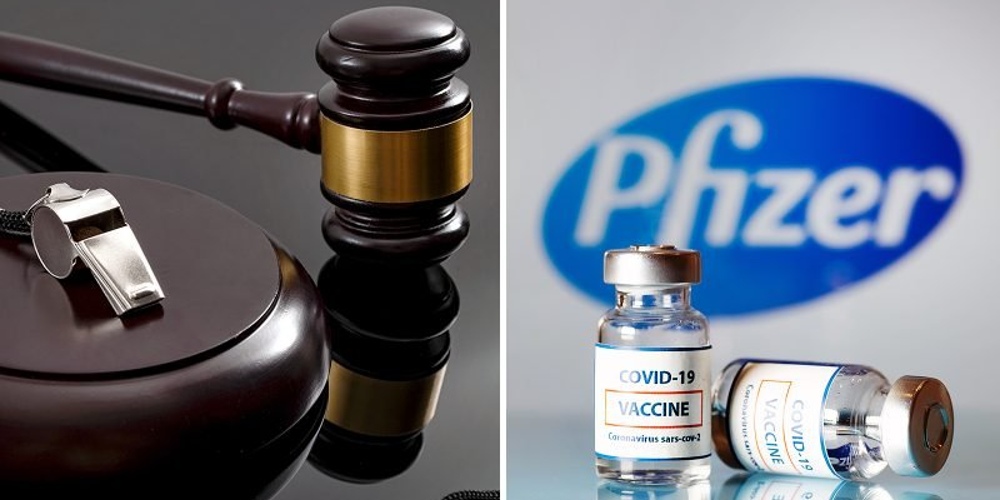How Pfizer Won the Pandemic—in Profit and Influence
How Pfizer Won the Pandemic—in Profit and Influence
Excerpts
Pfizer’s 2021 revenue was $81.3 billion, roughly double its revenue in 2020, when its top sellers were a pneumonia vaccine, the cancer drug Ibrance, and the fibromyalgia treatment Lyrica, which had gone off-patent.
Now its mRNA vaccine holds 70 percent of the U.S. and European markets. And its antiviral
Paxlovid is the pill of choice to treat early symptoms of covid. This year, the company expects to rake in more than $50 billion in global revenue from the two medications alone.
Paxlovid’s value to vaccinated patients isn’t yet clear, and Pfizer’s covid vaccine doesn’t entirely prevent infections, although each booster temporarily restores some protection. Yet, while patients may recoil at the need for repeated injections—two boosters are now recommended for people 50 and older—the requirement is gold for investors.
“Hopefully, we could be giving it annually and maybe for some groups that are high-risk more often,” CEO Albert Bourla told investors this year. “Then you have the treatment [Paxlovid] that will, let’s say, resolve the issues of those that are getting the disease.”
..............
During a recent investor call, a Pfizer official could spin the recent reports suggesting that the virus can hide from Paxlovid into good news, predicting that, as with the vaccine, patients may need multiple courses.
Immunocompromised patients “may carry this virus for a very, very long time,” Dr. Mikael Dolsten said in the investor call. “
And we see that area as a real new opportunity growth area for Paxlovid to do very well, where you may need to take multiple courses.”..
.......................
Now, Pfizer is a new kind of global powerhouse. In 2021 alone, the company hired nearly 2,400 people. “We are a household name right now to billions of people,” Bourla said in January. “People are trusting the Pfizer vaccines.”
The company’s power worries some vaccinologists, who see its growing influence in a realm of medical decision-making traditionally led by independent experts.
During a recent investor call, analyst Evan Seigerman of BMO Capital Markets asked whether the world was “kind of walking blindly into recommending boosters” so frequently.
Data from Israel, which uses only Pfizer’s vaccine and has provided most of the studies that have led to vaccination booster recommendations from the Centers for Disease Control and Prevention,
suggests that third and fourth doses of the mRNA vaccines increase antibody levels that quickly wane again. Added boosters saved some lives in the over-60 population, but the data is less clear about the benefit to younger adults.
When President Biden in September 2021 offered boosters to Americans—not long after Bourla had recommended them—Dr. Paul Offit, director of the Vaccine Education Center at Children’s Hospital of Philadelphia and a developer of a vaccine for an intestinal virus, wondered,
“Where’s the evidence you are at risk of serious disease when confronted with covid if you are vaccinated and under 50?”
Policies on booster recommendations for different groups are complex and shifting, Offit said, but the CDC, rather than Bourla and Pfizer, should be making them.
“We’re being pushed along,” he said. “The pharmaceutical companies are acting like public health agencies.”




www.thegatewaypundit.com

